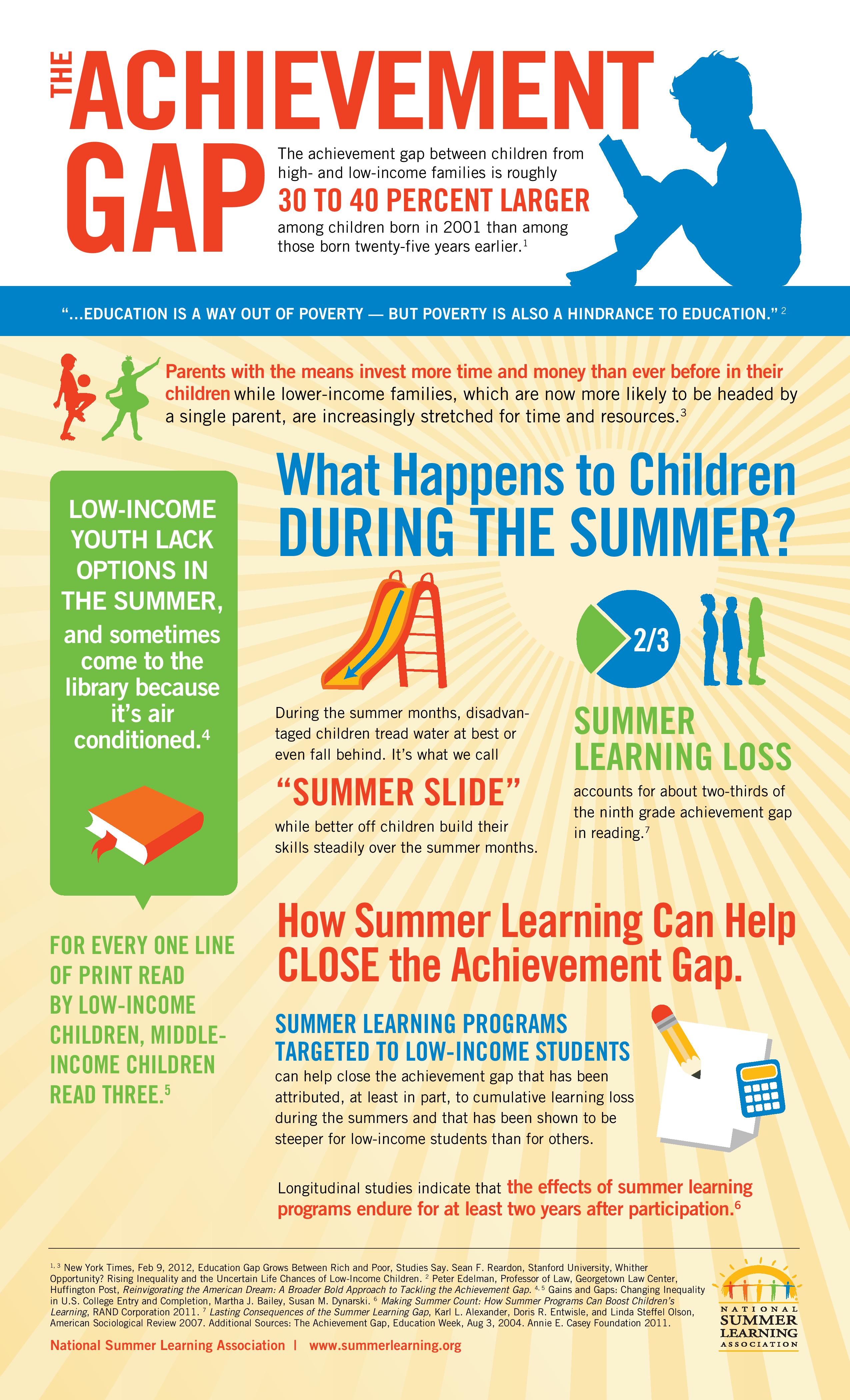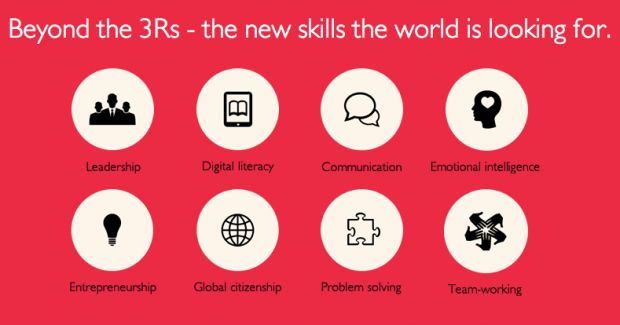Kyle Redford is now a teacher. He is also a young man with dyslexia that
was one of the individuals featured in The Big Picture: Rethinking
Dyslexia. I’m all about balance so his thoughts really hit home for me.
—————————————
”
As school draws to a close and summer launches, the cries for unfettered playtime are proliferating everywhere, from the mouths of children to the postings of adults.
It’s hard today to ignore the profusion of articles, blog posts, and tweets calling on parents to forget school and let children “just play” over the summer months. Impassioned articles, written by leading educators and parenting experts, argue that play is the best teacher. Infused with moral undertones, they warn against the overscheduled child, making a determined case for giving children downtime and a chance to grapple with unscheduled hours.
There is a lot to be said about the value of this advice. And let’s face it, total-play summers sound so appealing, attractive, and humane — but …
The False Promise of One-Size-Fits-All
“One-size-fits-all” approaches are just as problematic for children in the summertime as they are in the school year. For many families, charging every parent with simply abandoning all structure in order to give children unlimited time to just relax and play is naïve.
Let’s face it, parents of struggling students dream of taking a break from the frustrations and duties that accompany a child with learning disabilities and differences. Play? Yes! A break? Please! But as much as parents want to give their depleted and stressed child a breather from the negatives associated with school, they intuitively know that ignoring the opportunity to strengthen and consolidate skills over the summer will only reinforce the cycle of frustration and stress in the fall.
Why Learning Needs to Continue in Summertime
Many types of intensive, immersive, and individualized support feel impossible to arrange during the school year. Most children are exhausted at the end of a school day, particularly if they have been struggling to keep up. Children need to rest and recharge during the school week, and often there is no time to put supports in place that would allow them to catch up or strengthen weak skills. Summer can offer the space to pursue support for a struggling child at her own pace.
Summer offers time.
If your dyslexic child has not learned to read yet, or if her skills are so fragile that they make attending school miserable, summer offers an ideal opportunity to pursue evidence-based remediation that will help her achieve success and enjoy school more when it resumes in the fall. Likewise, if your child is failing math and starting to hate it, some math work to memorize facts and algorithms or to spend time with a mentor who can explain difficult concepts will do wonders to help her confidence, interest, and engagement with numbers in the fall.
Many students who struggle academically benefit from previewing certain classes before school resumes (for instance, reading assigned books in advance so that they can keep up with their class, or practicing math concepts in a one-on-one setting so they can hit the ground running). This kind of work is rarely fun. Later, though, children usually appreciate the preparation that makes the school year move along more easily.
The truth is that it benefits every child, regardless of her individual learning profile, to read over the summer. And remember that audiobooks count! Done at the right pace, this activity can — and should — be an enjoyable pursuit rather than a corrective chore.
Balance is key.
Clearly, kids need to get outside to play — whether that’s out in nature or in an urban playground. Exploring, observing, pretending, making … summer offers powerful learning opportunities and potential healing for kids who feel beaten up by expectations at school. And, in truth, children who struggle in school crave a brain break more than anyone. They dream of free play and relaxation. And, of course, they look forward to spending time pursuing their own interests, which may come more easily than traditional academic skills.
But we need to recognize that, in addition to the formal learning that struggling children benefit from in the summer months, many of the opportunities to pursue their individual interests occur in structured settings, as well (think of sports teams, themed camps, or drama and music groups).
To avoid anything structured in the summer would mean that a child could potentially miss out on important opportunities to develop a sense of competence and confidence beyond the classroom. Time spent exploring interests outside of school can help children discover areas of expertise and passion that offset academic struggles during the school year.
A Closing Thought
Every child has a different learning profile — and that is why every child needs a different summer plan. Don’t let the experts make you feel bad if your child is working at something in a structured way this summer. You can be sure that the person advising you to ditch all summer work has never had to help shepherd a struggling child through school — but you know what it takes, and forgoing structure isn’t the solution for everyone.”



